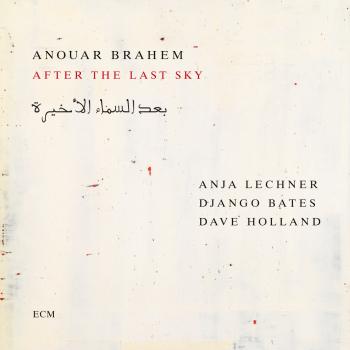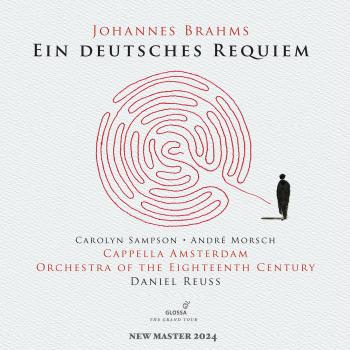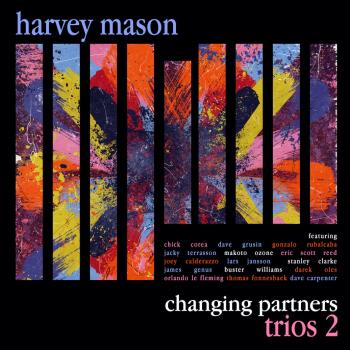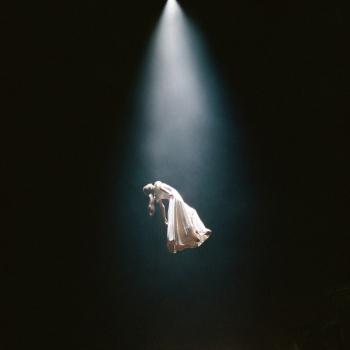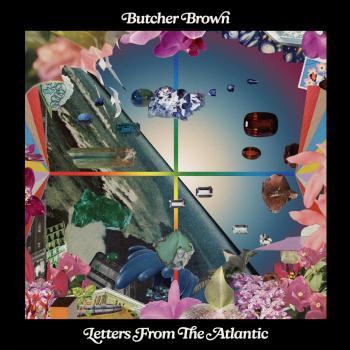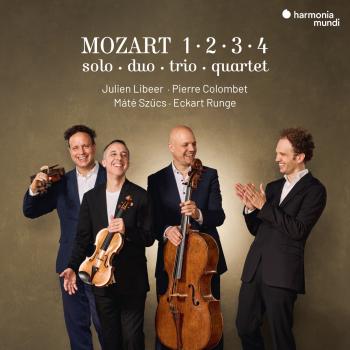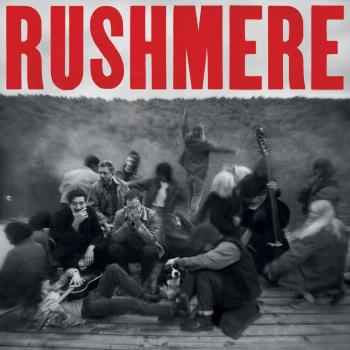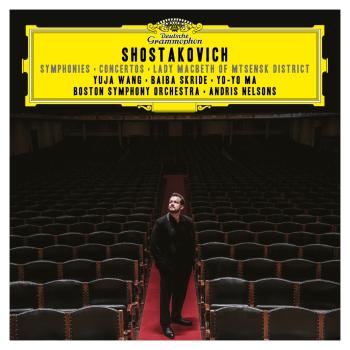
The Soul of Things Clemens Christian Poetzsch
Album info
Album-Release:
2021
HRA-Release:
09.04.2021
Label: Neue Meister
Genre: Instrumental
Subgenre: Piano
Artist: Clemens Christian Poetzsch
Composer: Clemens Christian Poetzsch (1985)
Album including Album cover
- Clemens Christian Poetzsch (b. 1985):
- 1 Seiden 02:54
- 2 Indigo Feder 03:58
- 3 Porzellan 03:01
- 4 Stundenglas 05:12
- 5 Kaleidoskop 03:26
- 6 Kleines Silber 02:33
- 7 Apparat (Piano Skit) 01:40
- 8 Diamant 02:15
- 9 Kaschmir 04:00
- 10 Ziffernblaetter 02:44
- 11 Ebenholz 05:02
- 12 Apparat 05:04
- 13 Solitaer 03:52
Info for The Soul of Things
2020 was a spring-clean year. Locked-away within our own homes, armed with a broom and bin bags, many of us finally got the time for those long overdue house-chores; tidying up the closet, fixing that wobbly shelf, tending to the garden and discarding all kinds of accumulated stuff. For some more nostalgic souls, tidying up is a lost cause – it simply becomes impossible to throw away things, regardless of their utility, because they are imbued with meaning. “Then there is this stool, which admittedly is quite ugly and not really comfortable either. It somehow managed to stick around, although it doesn't fit in with the environment,” says the German pianist Clemens Christian Poetzsch, “It reminds me of the past and yet it is also in constant use.” Poetzsch might not have gotten around to clearing-out his house in 2020, but he did write a new album based entirely on the very objects he could never throw away.
The Soul of Things – a fusion of solo piano, harp, cello and electronics – draws inspiration from the mundane. The album can itself be heard as an ode to the ordinary things – a particularly good fountain pen, an old radio receiver – that somehow, in their very familiarity become extraordinary to us. “There are many inexplicable things in relation to these objects and their meaning for you. There is a certain magic about it,” says Poetzsch. The thirteen tracks that constitute The Soul of Things are named after these banal objects and in their musicality attempt at conveying such artefacts’ personalities and souls. Take the piece ‘Indigo Feder’ (fountain pen) for instance, a gentle piano tune that in its changing tempo is reminiscent of the act of writing or doodling, “This pen is a piece of craftsmanship – it writes round, it feels soft. The piece should flow, sometimes slower, sometimes faster like writing down thoughts in real time,” explains Poetzsch. Just like the pen, Poetzsch’s clock gains a life of its own in the track ‘Ziffernblaetter’. “This is an old watch that looks very nice but doesn't really work anymore. It ticks how it wants. The piece also jumps back and forth with the beat, it almost sounds as if it's making fun of itself,” says Poetzsch who gave the old timekeeper a noble character by combining two grand instruments – harp and piano – on the track.
The Soul of Things is filled with expressiveness and vivacity. Enough to animate inanimate things. It’s soulfulness is primarily given through Poetzsch’s deep familiarity with the piano, his medium of expression since he was a young boy. Despite his musical maturing over the years he still favours composing on his childhood, GDR-era piano, over new fancy alternatives, “It's a pretty unstable piano, the tuner has to come very often. I could probably have bought a new one with the money, but because I played my first notes on it I have a very strong connection to it and that makes it very easy for me to be creative,” he explains. This acquaintanceship and intimacy with the piano can be felt in the ease with which Poetzsch gives in to improvisation in his music. As a matter of fact, intimacy is noticeable in every piece of The Soul of Things, as if with every object, Poetzsch was having a conversation with an old friend, “I was particularly interested in the objects that you use regularly and that are part of everyday life. Items that you wouldn't give away. That you like to have around you, that you like to touch.” Despite the feeling of familiarity so present in the album, Poetzsch wasn’t afraid to get out of his comfort zone for The Soul of Things. His approach to experimentation is simply to dive in and see what works, to discover through trial and error.
Besides piano, harp and cello, the album, for example, includes electronic gear that Poetzsch admits to “mistrusting” in the past. It comes back to freedom – to create without limits, and to dissolve preconceived notions around genres and instruments. In the track ‘Apparat’, based on his old radio receiver, he uses synthesizers to convey the fidgety frequencies of the device. At the same time, juxtaposing this strong electronic element with a melancholic cello melody infuses the track with nostalgia, “Looking at my old radio shows me how fast time flies. Twenty-five years ago it was an incredible device, today it is almost useless,” explains Poetzsch. The Soul of Things continues to build on Clemens Christian Poetszch’s discoveries with his previous solo album, Remember Tomorrow – away from the staid world of classically harmonic language towards something more contemporary, more individual. The tracks in the album stand as selfcontained worlds with their own logic and language. Conceived as an album about subjects, it actually tells volumes about the relationships and stories behind and usually hidden from everyday life. The artwork, an installation, designed by the Lithuanian concept artist Jolita Vaitkute, tells the story of these mundane objects, which become symbols and statues representing a world that is in fact invisible. Music becomes the means to stir up memories and fragments of remembrance, and The Soul of Things is an attempt of making sense of it all, of bridging that gap between the physical and metaphysical worlds. It really comes as no surprise that Poetzsch can’t bring himself to throw away that old bench after all.
Clemens Christian Poetzsch, piano
Clemens Christian Poetzsch
Deep inside, pianist Clemens Christian Poetzsch always knew what music meant to him: freedom. Freedom to improvise; freedom to create new worlds of sound; freedom to follow his instinct wherever it may lead him. His publications in collaboration with various musicians and his solo debut album (People & Places, 2016) already distinguished him as a special talent. On his new master debut, "Remember Tomorrow", he finally does justice to the role of the modern composer and gives free rein to the entire spectrum of his musical abilities - and with astonishing results.
During his childhood in Dresden, Poetzsch received his first piano lessons from his grandfather, an opera singer, and immediately immersed himself in the worlds of Bach, Schubert and Clementis. Then, at the age of ten, a birthday present from his brother: a music book with Frank Sinatra standards that opened his ears to more extensive musical possibilities. Poetzsch soon played in the bar of the neighbouring house, improvising and throwing song structures over and over again.
These were formative experiences that accompanied Poetzsch throughout his classical music education at the Hochschule für Musik in Dresden. During his piano and composition studies he spent his free time playing in jazz and free improvisation bands with friends and colleagues. He gave concerts, went on tour, discovered electronic music and absorbed all knowledge like a sponge. "I really like playing Bach and all the big ones," he says, "but from the beginning I just liked writing music myself and making my own songs. Playing in the orchestra or in big bands never really interested me".
And so what started as pure pleasure and the need to "find environments where I can surprise myself" became an ever-increasing influence on his music. "There never was a real plan," Poetzsch explains, "but I found that when I stepped away from all the sheet music and tried to find something for myself, it became my little language, and my voice and composition style really developed out of all of that."
This album contains no booklet.

